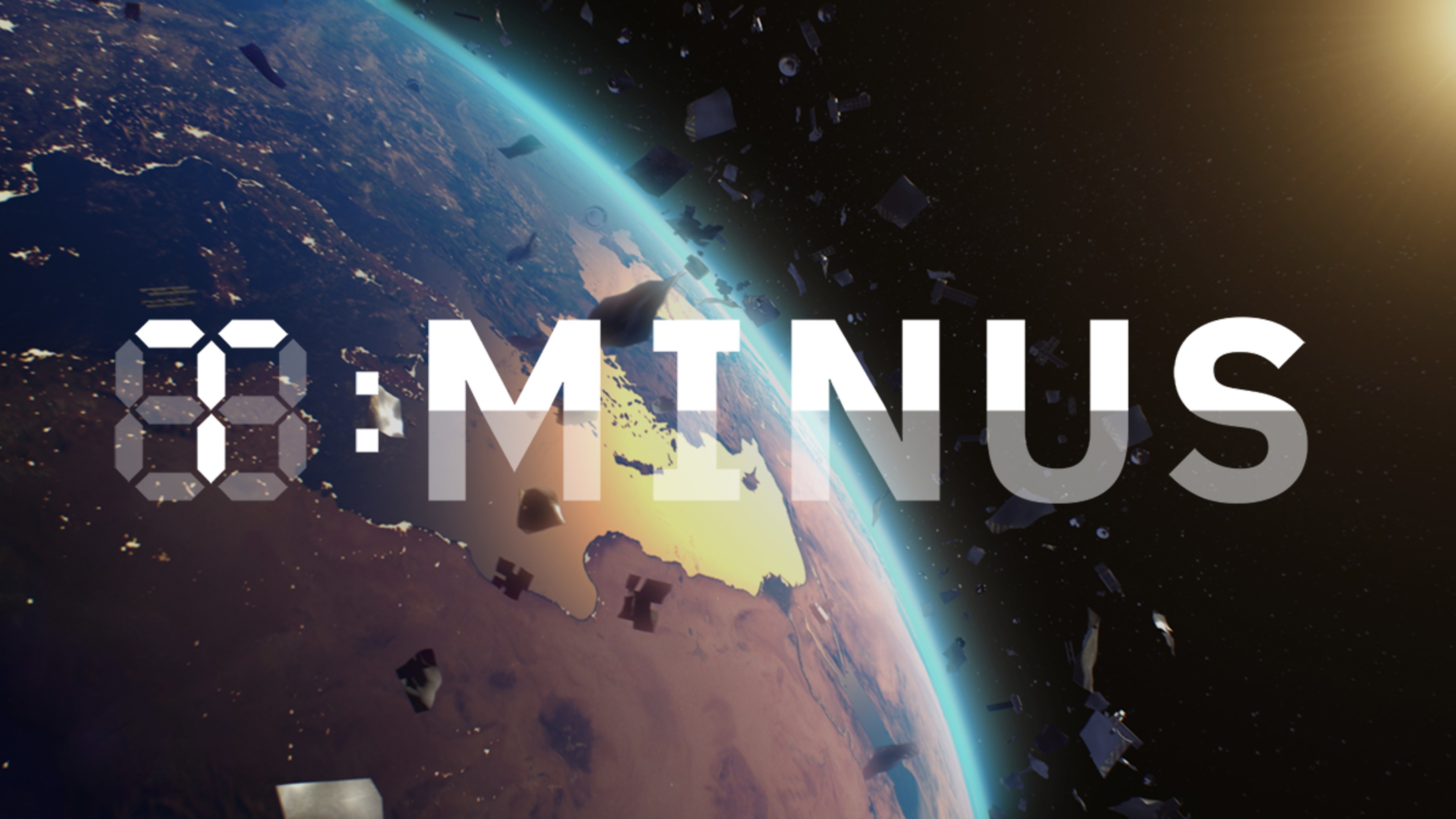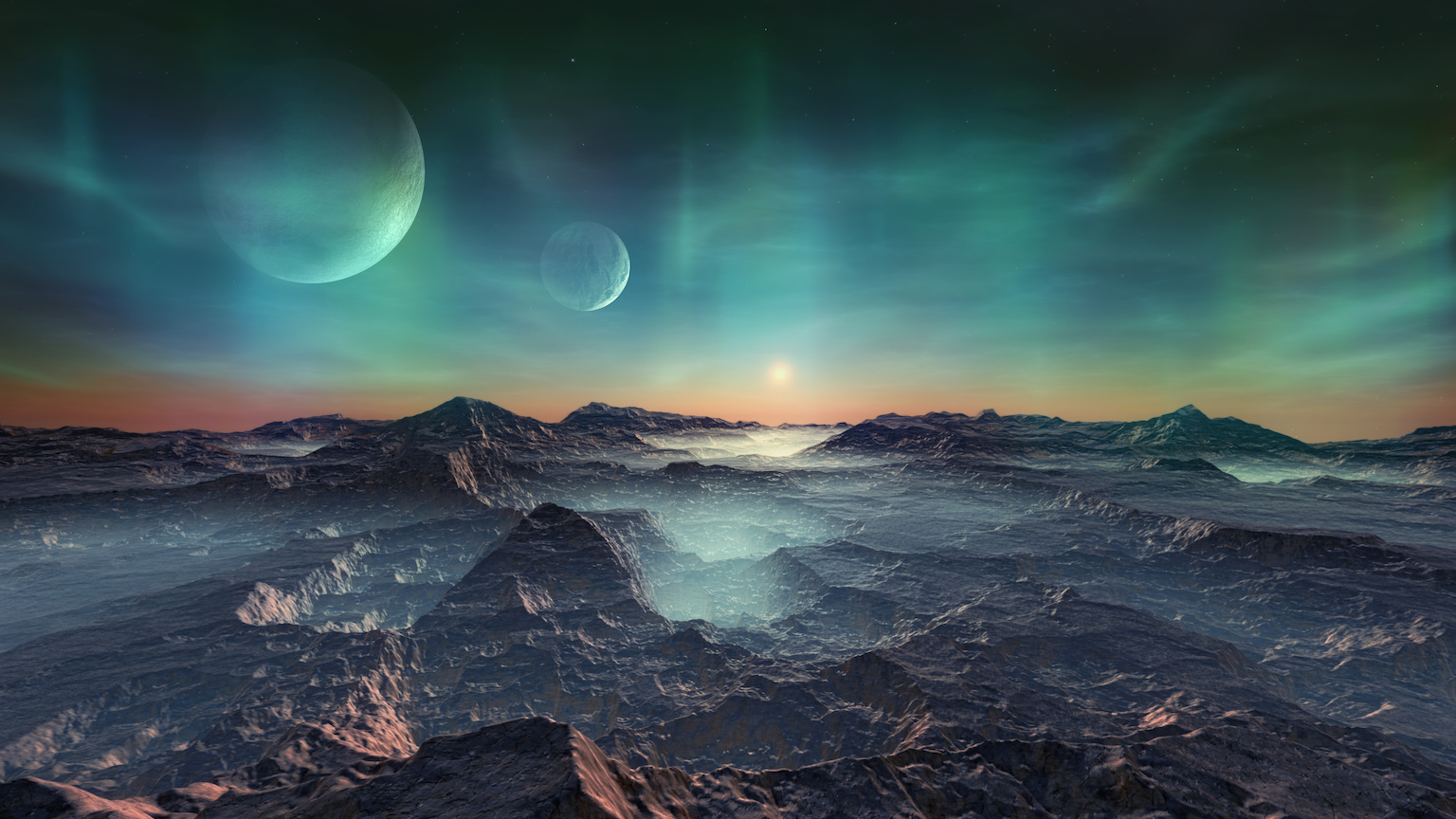Destroying our water sources while demand for clean water skyrockets.
Maude Barlow: The singular issue is something we never thought could happen, and that is we are actually running out of fresh water for the demand that is increasing in our world. We are also destroying water retentive landscapes everywhere by our pollution displacement abuse of water, moving it from where it is needed in nature to where we want it and then we destroy it or we dump it in the ocean or whatever or we use it to water deserts or we export it out of our watersheds. And one way and another, we are creating new deserts where we needed water retentive hydrologic cycles.
So, huge parts of the world are actually beginning to run out of water. This is the most important thing I can say. It is not cyclical drought, which we keep hearing about and oh, if the rain comes back, everything will be fine or it is just global warming affecting water. No, it is not just global warming affecting water. It is water affecting global warming. It is our treatment of water actually destroying whole areas that have been fertile and able to grow food and so on.
We have parts of the world, all of Northern China, which is using its water to produce running shoes and toys instead of feed people and [inaudible] watersheds.
Huge parts of India, 22 countries in Africa, all of the Middle East, Australia hit the water wall.
Mexico City is sinking in on itself and large parts of the United States--South Eastern and South Western United States--are all in more than just a cyclical drought, are actually physically running out of water.
Most dire circumstance is probably Africa. One in three people in Africa now has no water or no access to clean water. In 10 to 15 years, that will be one in two. That is the trajectory, in terms of the terrible numbers.
Northern China is in terrible crisis. China has decided to build a massive pipeline from the Tibetan Himalayas and take the snow melt that now feeds the rivers that feed five major rivers that provide water for all of Asia, and it is just going to take that water because 400 of the 600 cities in Northern China are in water crisis. They are talking about moving the capital away from Beijing because there are great big dustballs and tumbleweed going through the city. They are creating an area of desert the size of Rhode Island in China every single year; every year there is a new area that big from the displacement of water. They are just taking it from where we can get at it, to where we can't, as a species, get at it.
But here in the United States, it is really important for people to understand that the South West is in deep trouble. The Colorado [River] is in catastrophic decline.
There is a recent report that shows that Lake Mead and Lake Powell, which are the backup reservoirs for that region, are themselves in decline. One report said that within 10 to 13 years, Lake Mead could be gone. I don't even think we can conceive of this - of the seven states that depend either on the Colorado [River] or on the Rockies, the snow melt from the Rockies are all in crisis.
Thousand people a day are moving in to Florida. The demand for water is far outstripping its ability to provide water.
So, they are pumping the ground water so fast that there are great big sinkholes opening up in houses and even shopping malls are dropping into these sinkholes.
The crisis is not just far away. It is really important for people to understand the crisis is here in North America. The crisis is here in our backyard and we have to start taking it seriously.
I felt so angry for the people of Atlanta that they were kind of surprised that they woke up one morning a few months ago and were told they had no water.
Why in heaven's name were they not told that this crisis was coming? Why were people not prepared? Why was there not conservation implemented?
It is really an indictment of our political leaders, this refusal to deal with this and to see the nature of the crisis and to read these reports. They are coming from the United Nations. They are coming from the Pacific Institute, the Worldwatch Institute, the World Bank.
There isn't any important institution that is looking at this globally, that isn't putting now the statistics together. I didn't make them up. But they don't seem to have seeped down into the consciousness of people, particularly in the global north and I think maybe it is because, first of all, we don't want to have to be challenged that the economic system we have adopted in the north, which is competition, more growth, more exports, more stuff that that, has to be challenged and so we just have to find a way around it.
Oil and water, we are running out of both and we don't want to deal with it. I also think there is a kind of hubris that we have in the global north, which is if you run out something, somebody can import it or somebody will make it up or somebody will find it. You just don't have to cut down on your use of water because somehow, somebody will figure it out. Some technology will come along. Well, maybe, maybe not.
This is what you need for life. You won't live more than three days without water. We all better start thinking about this.
Recorded On: March 17, 2008





